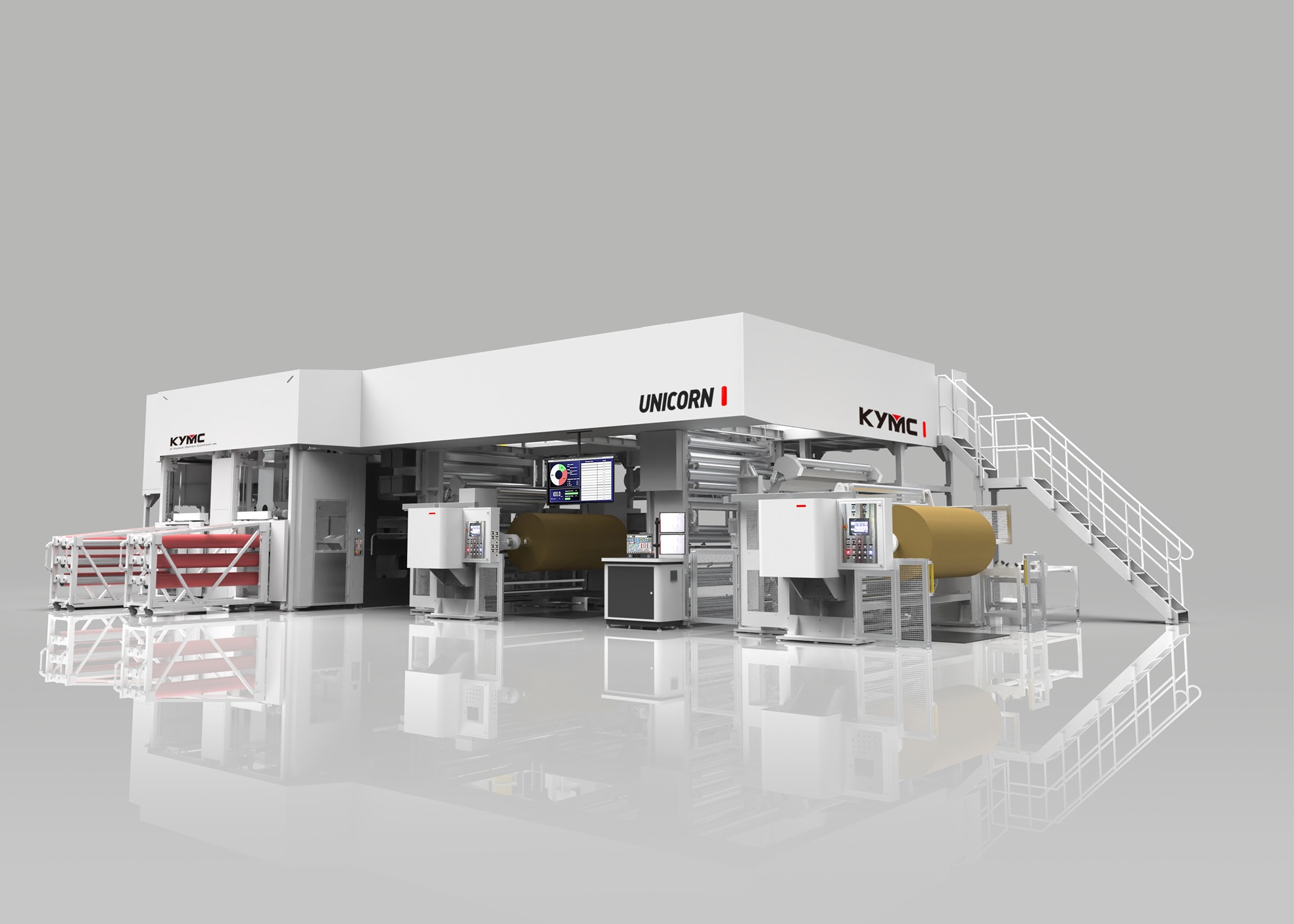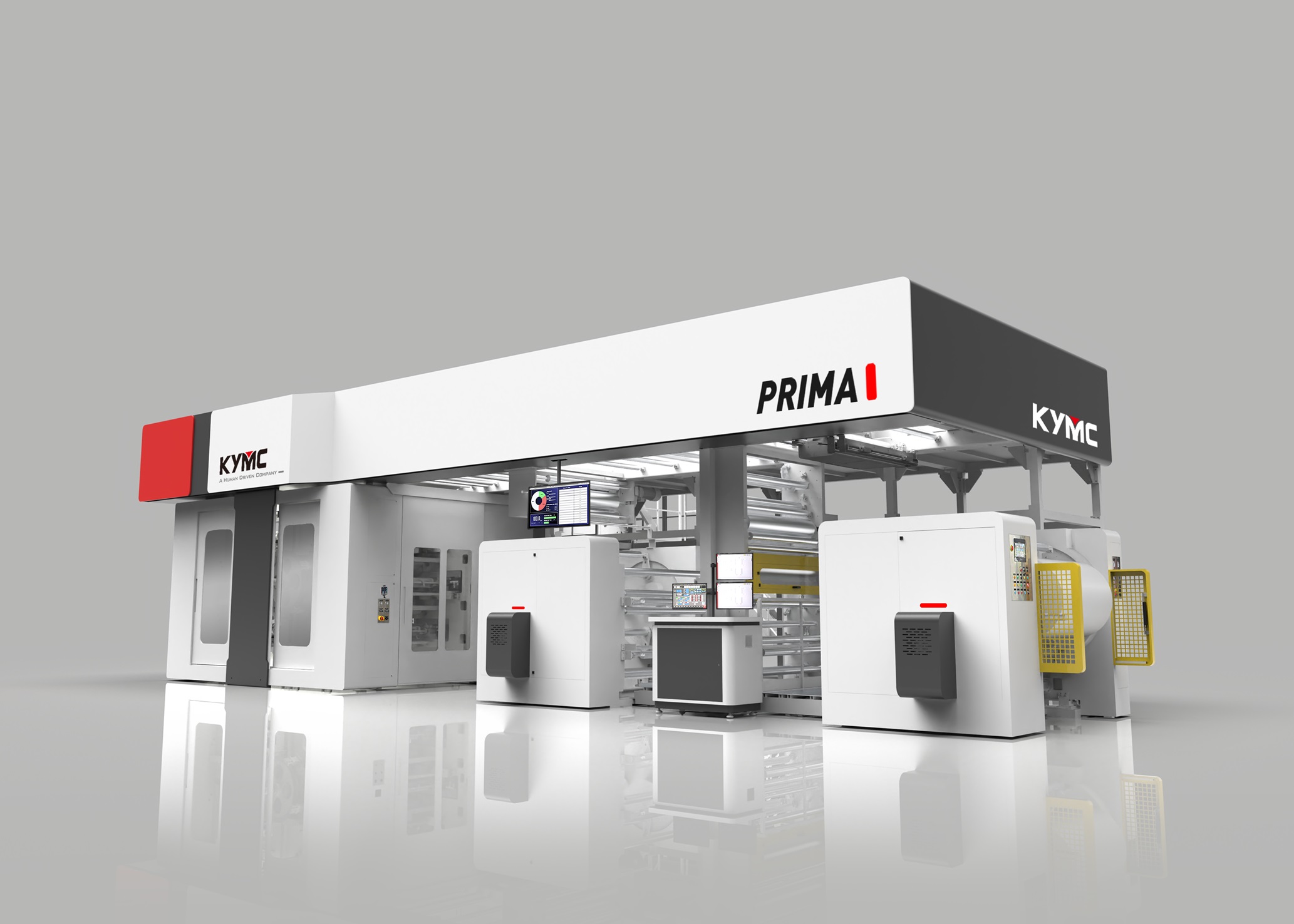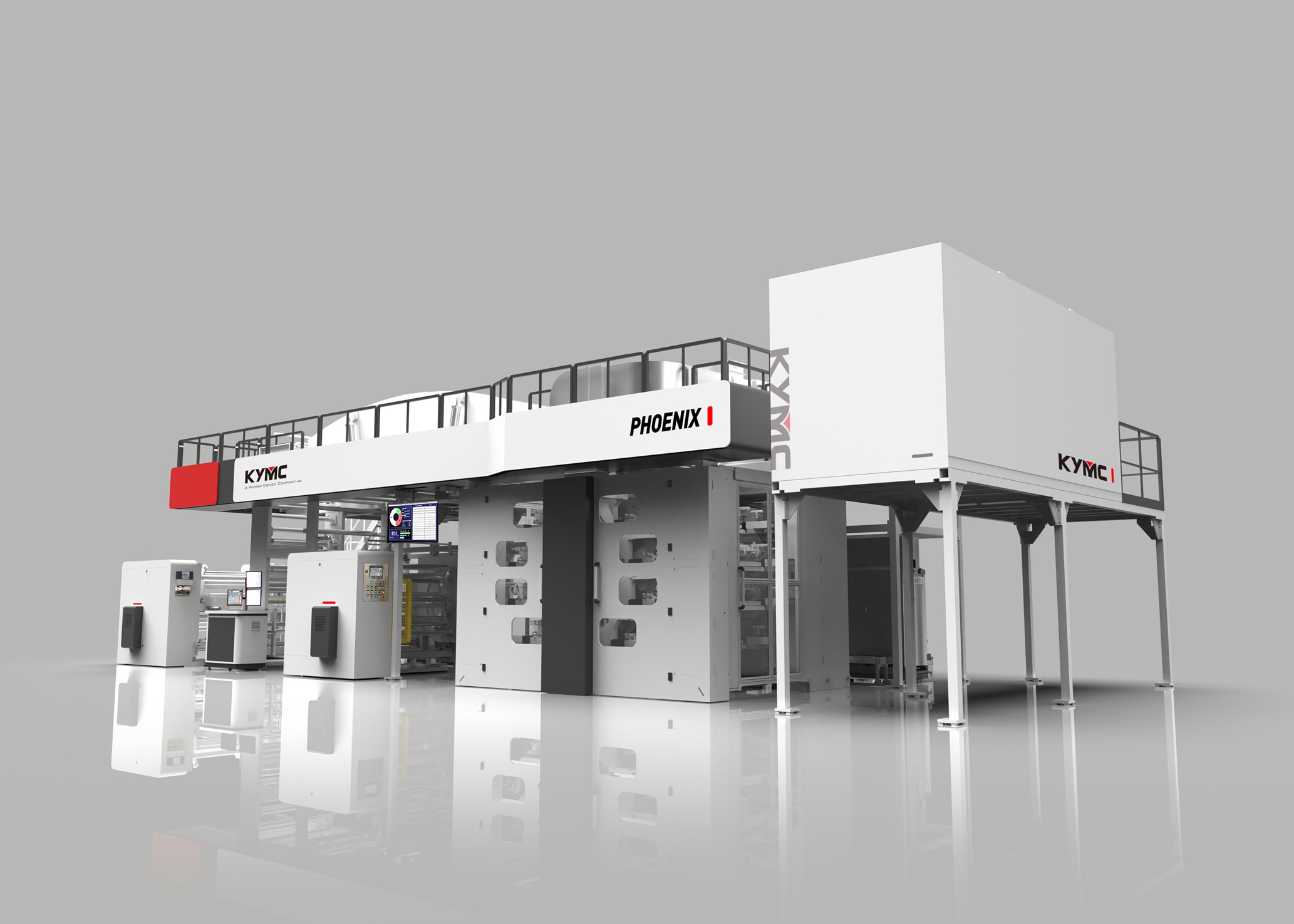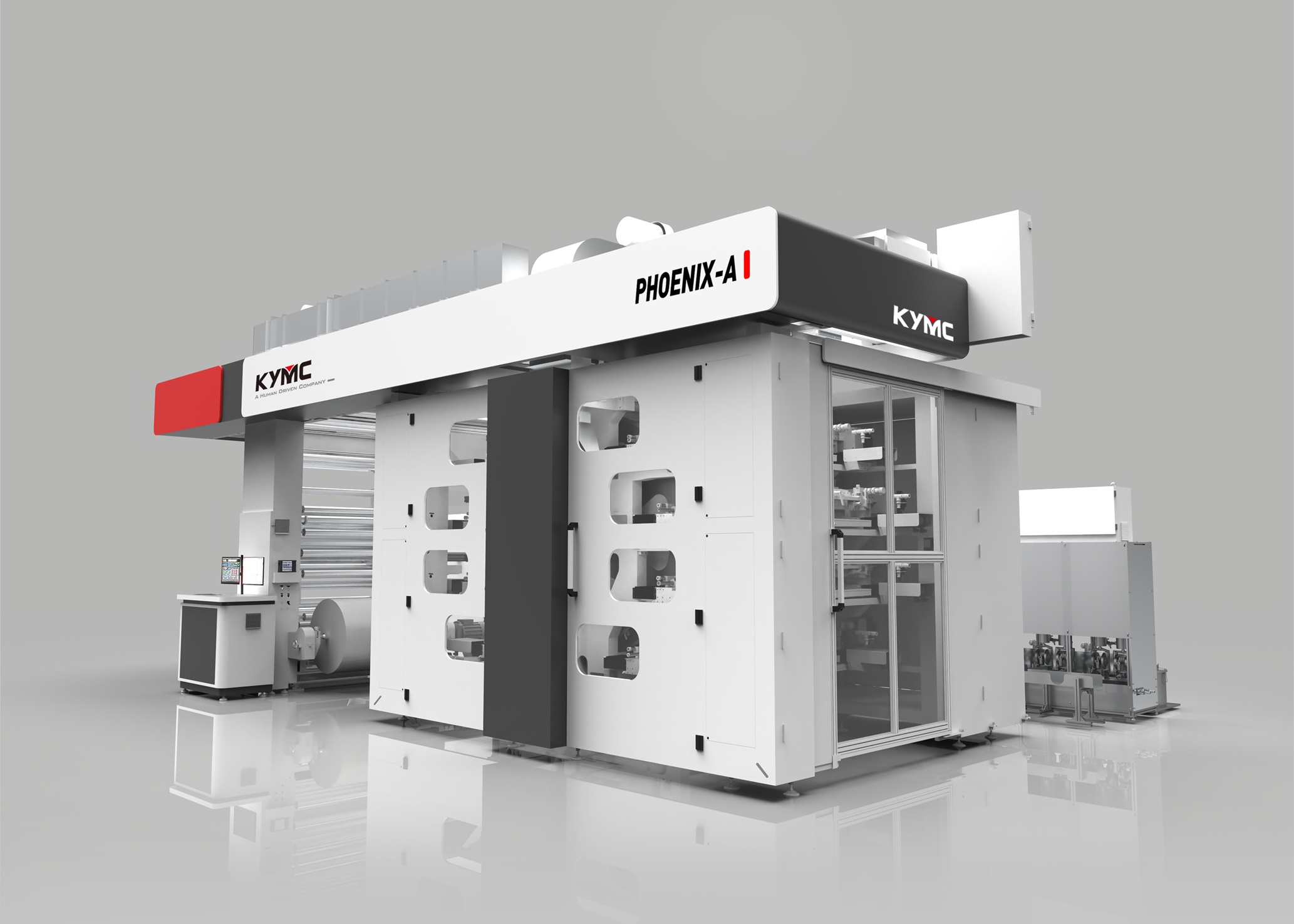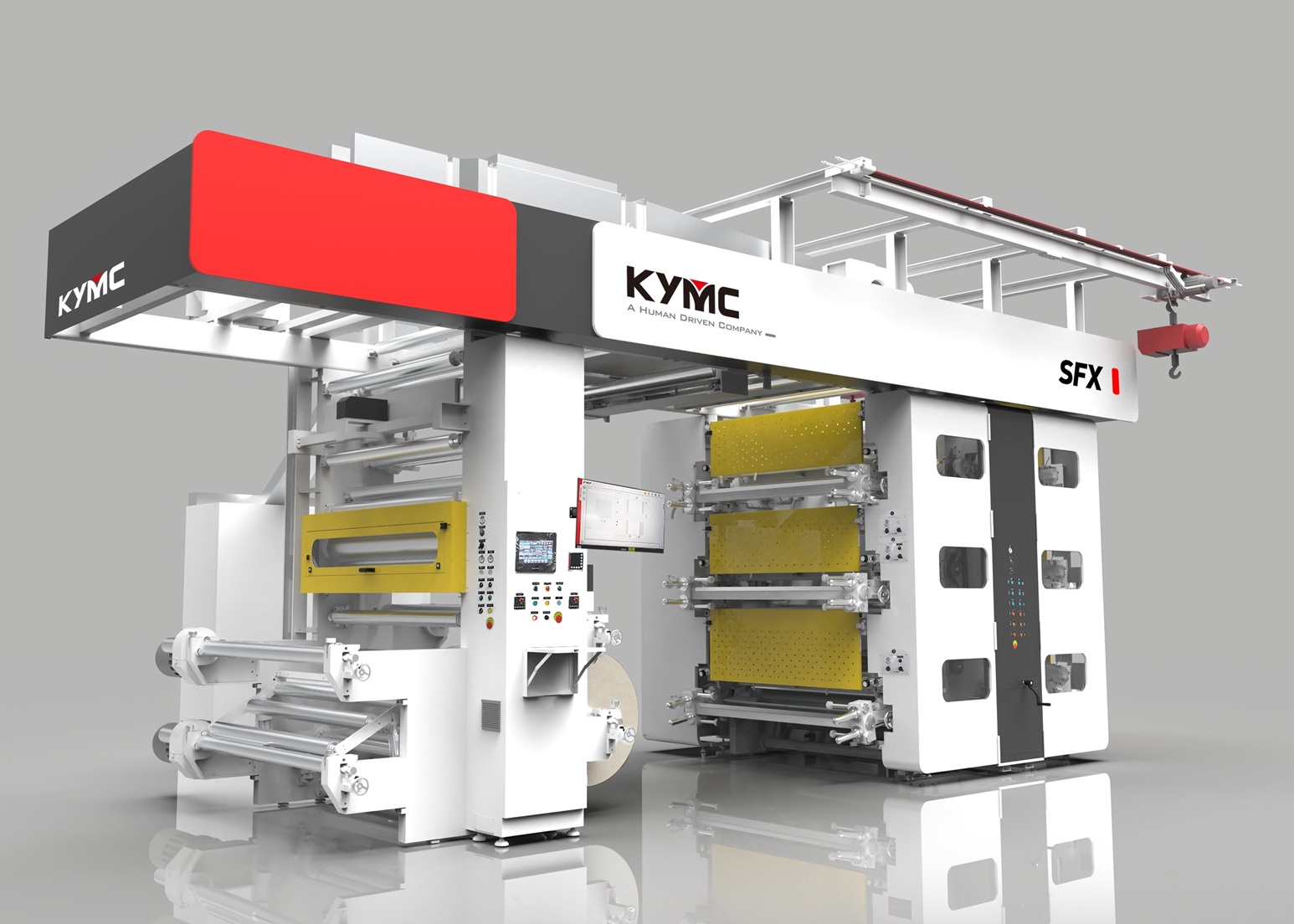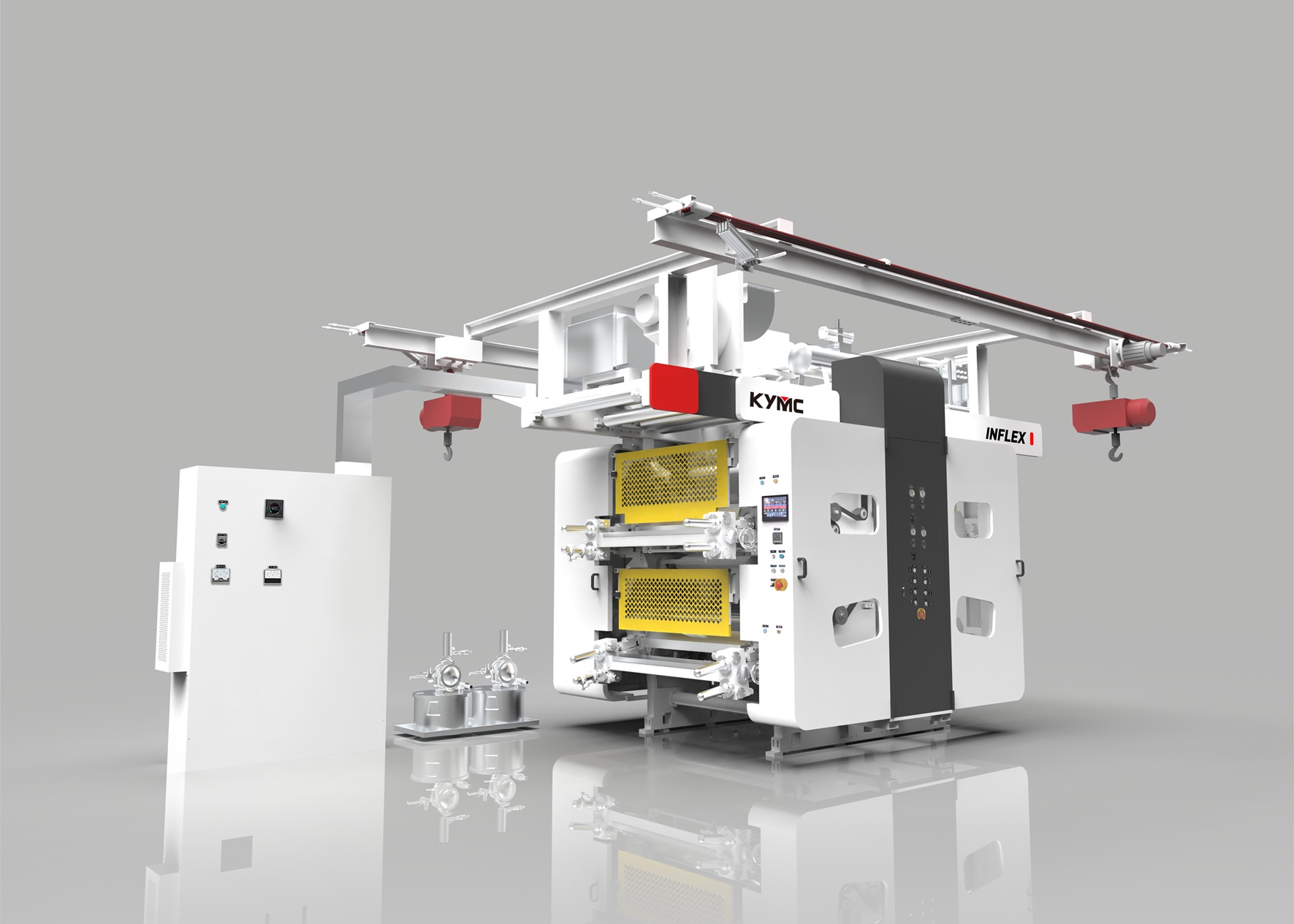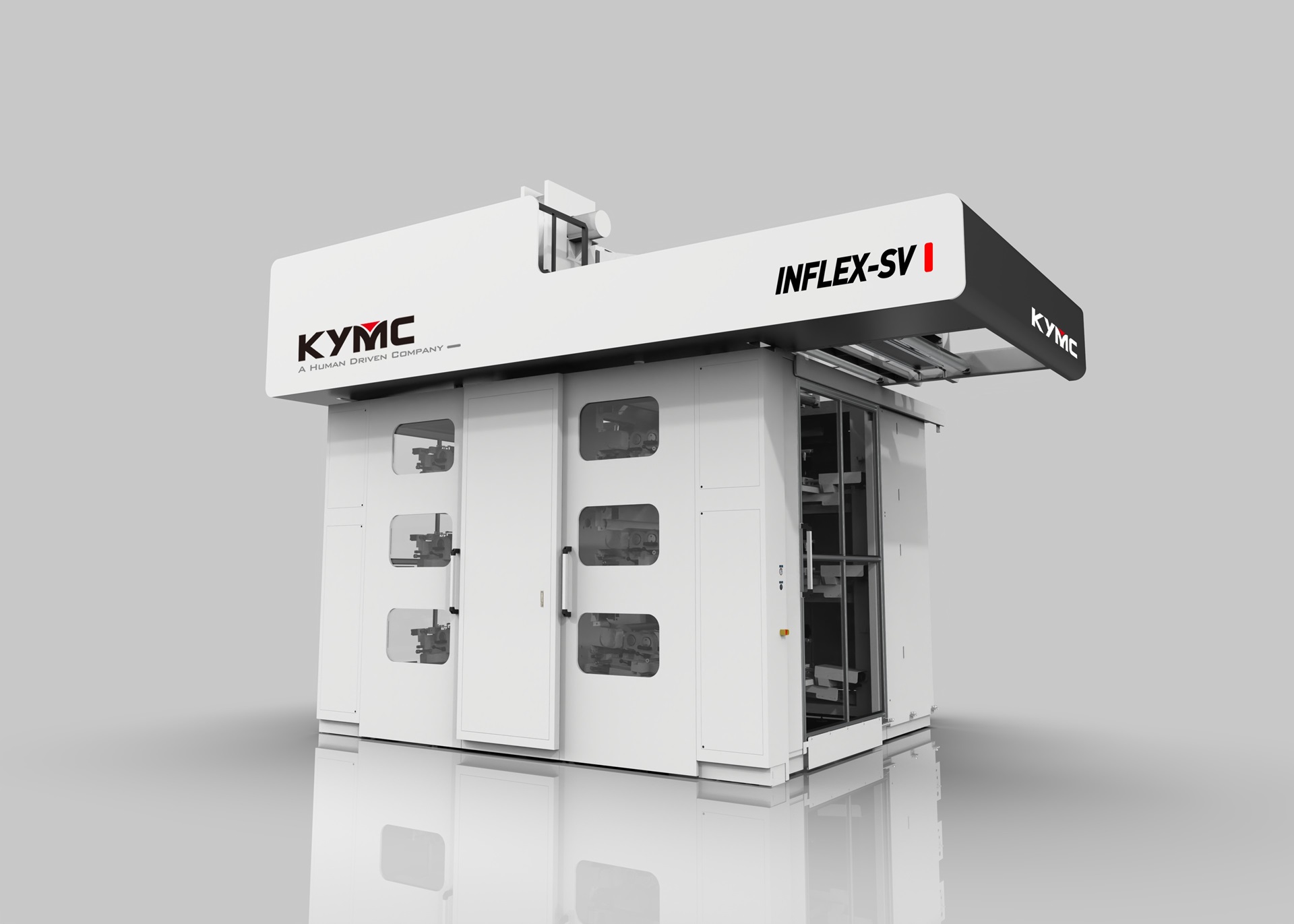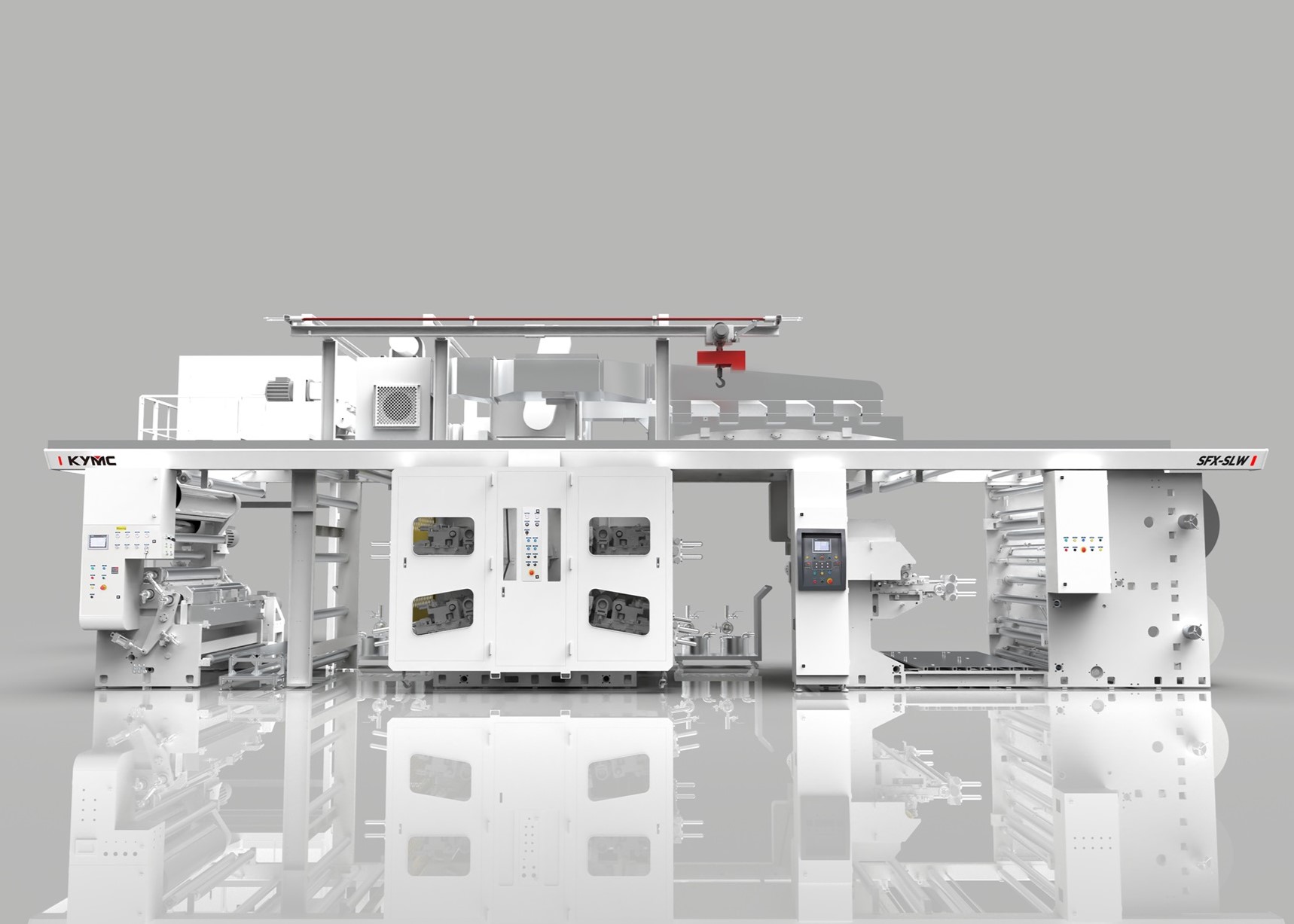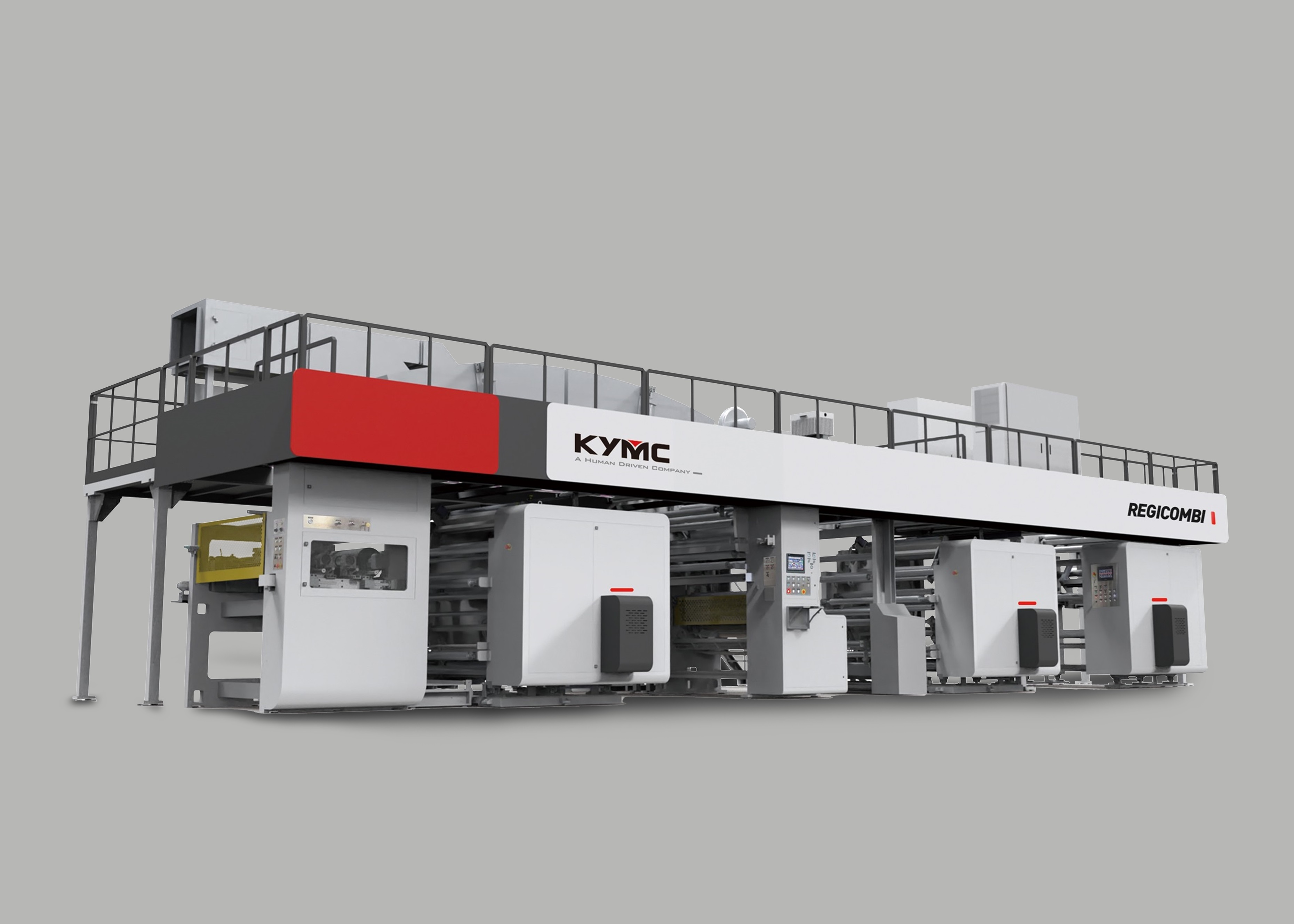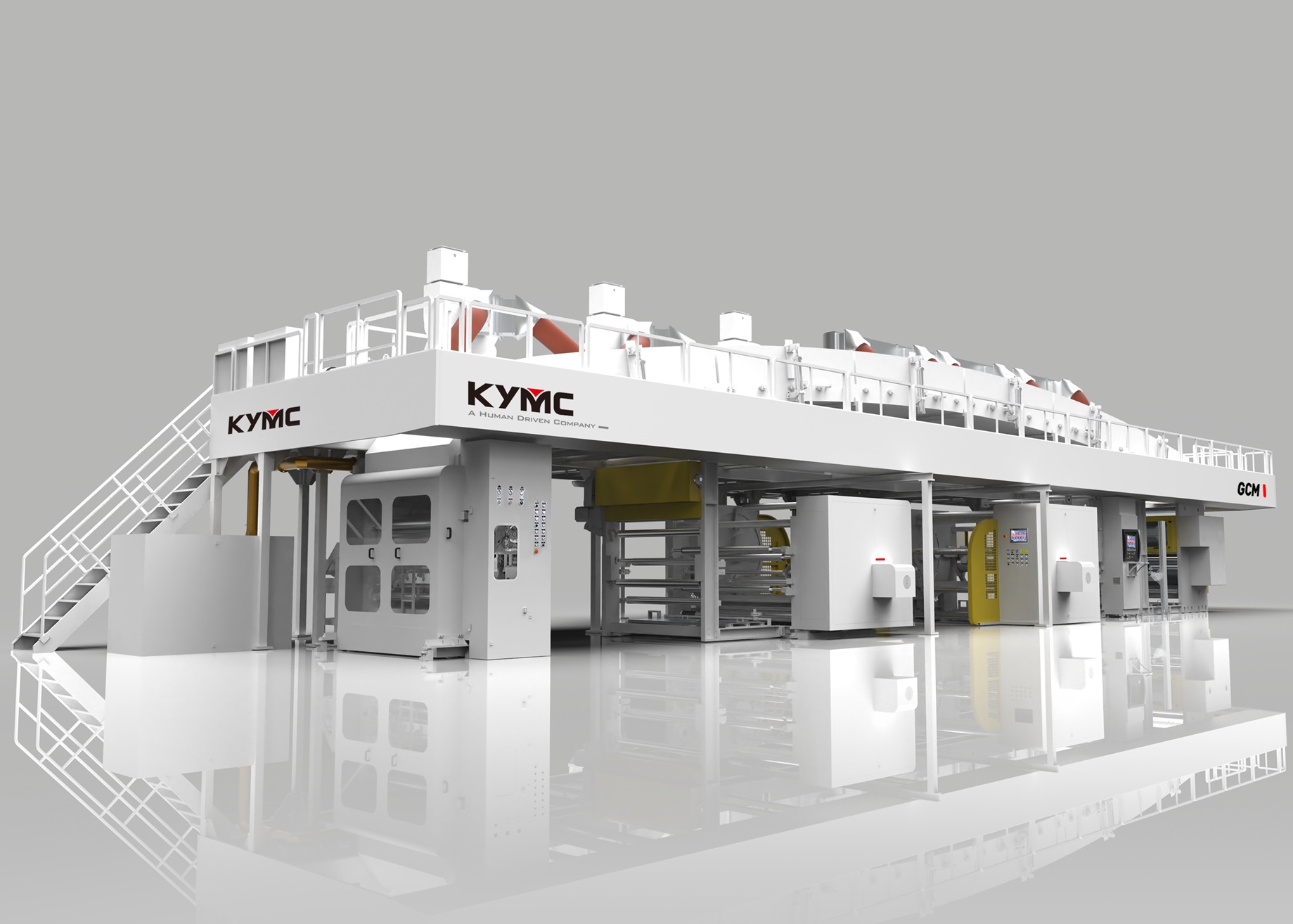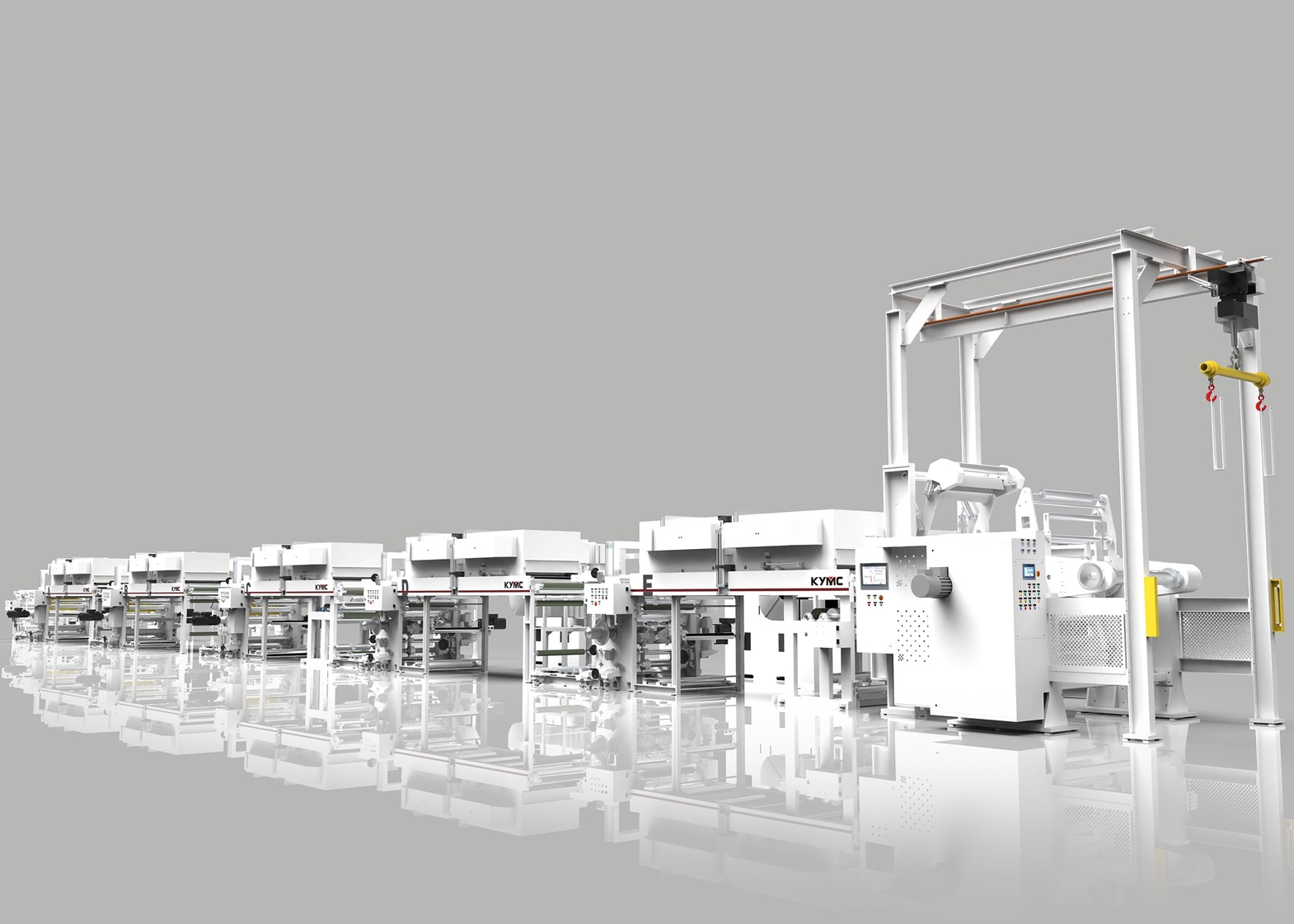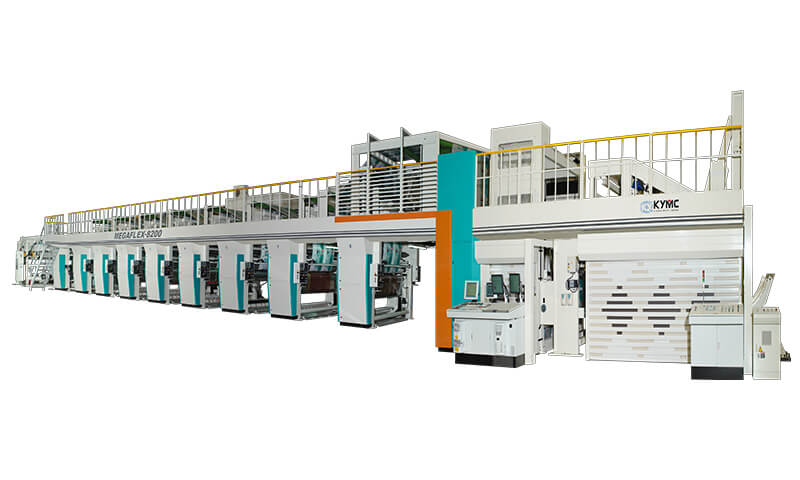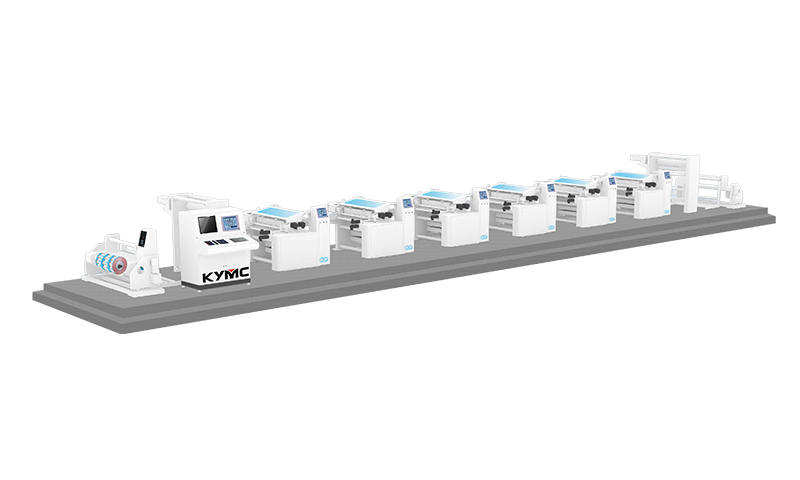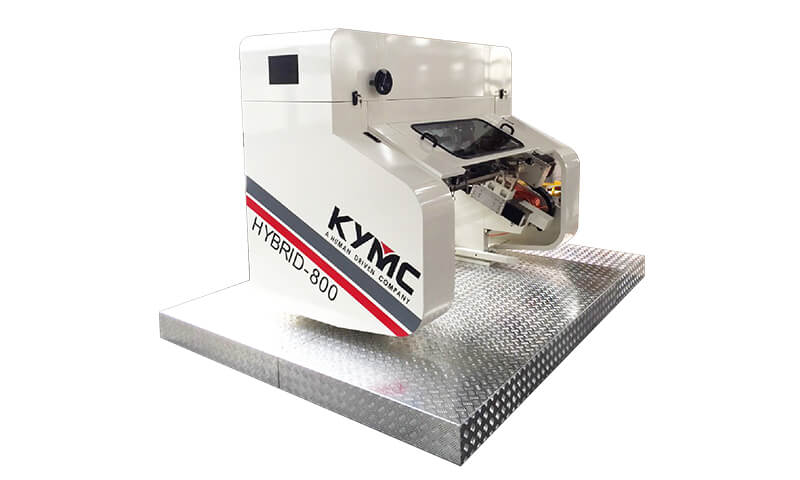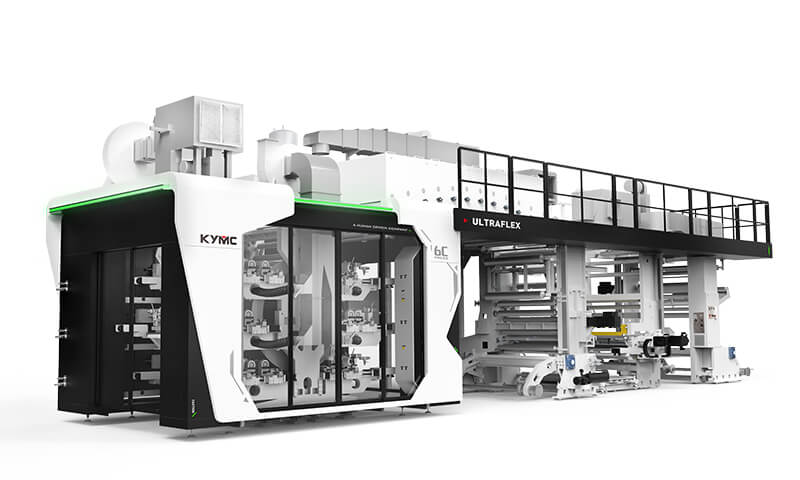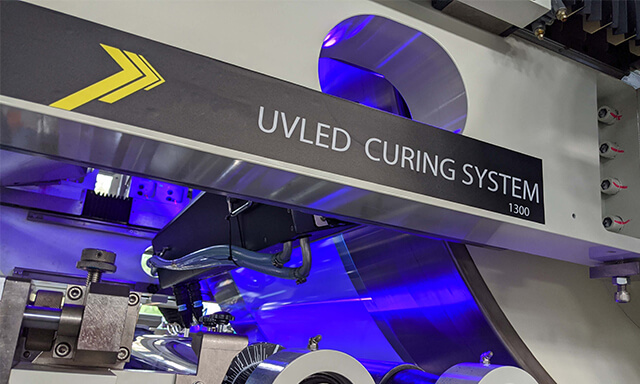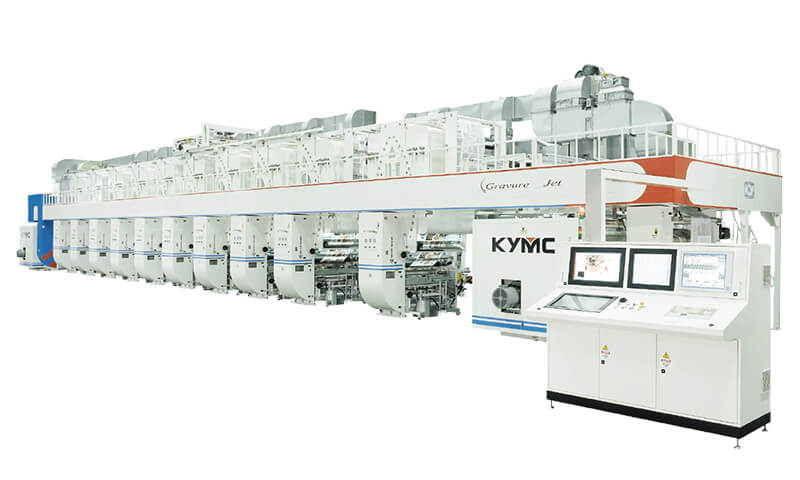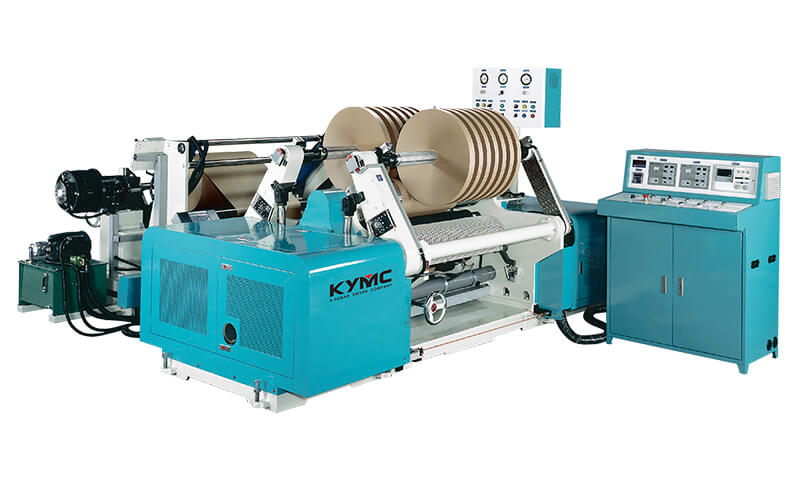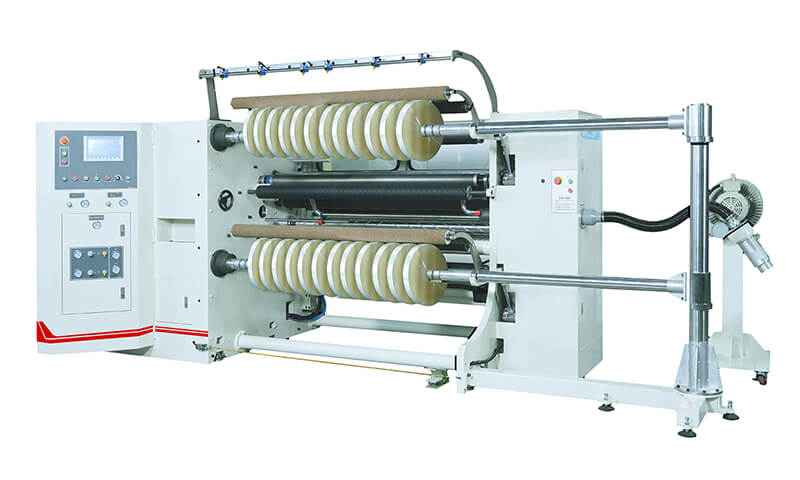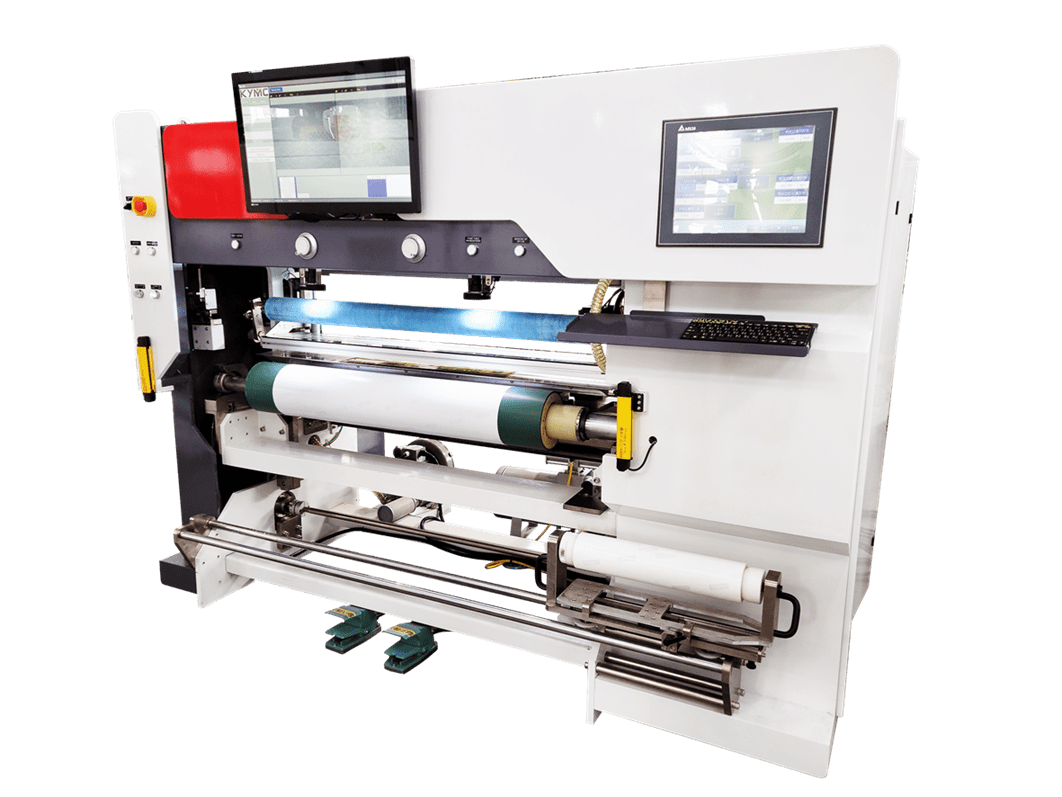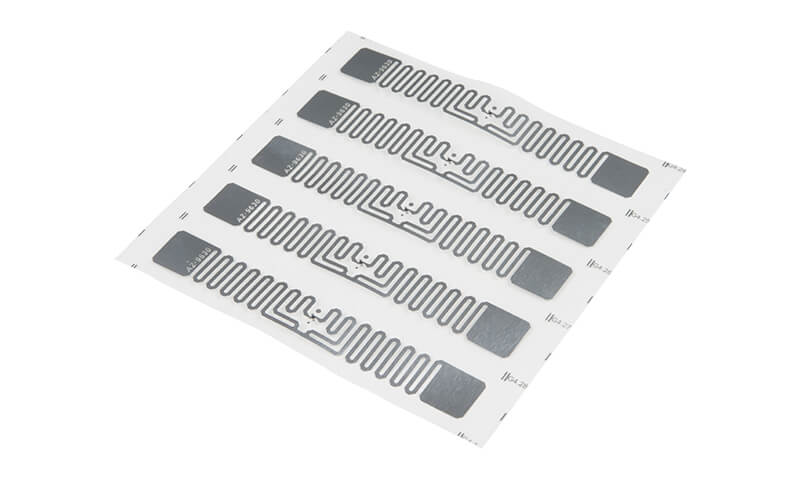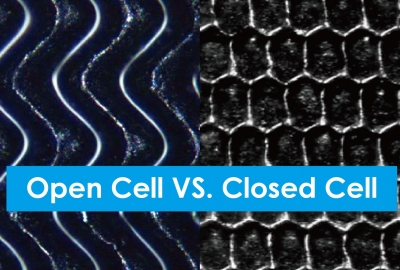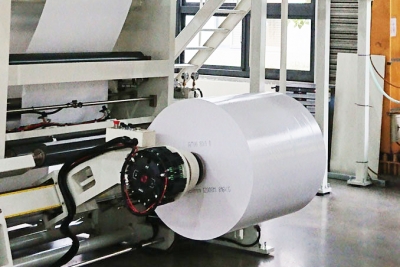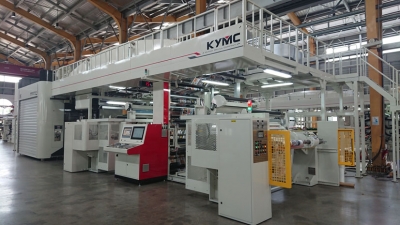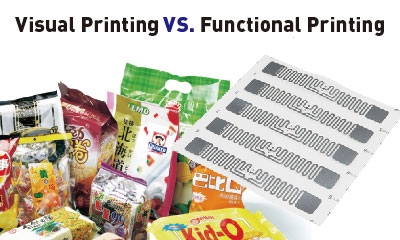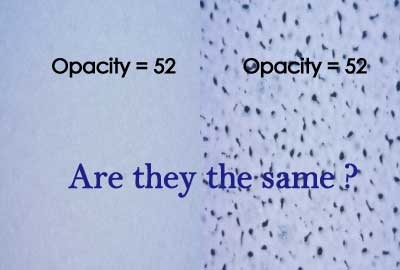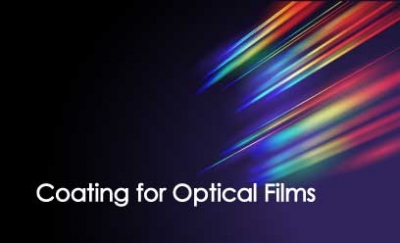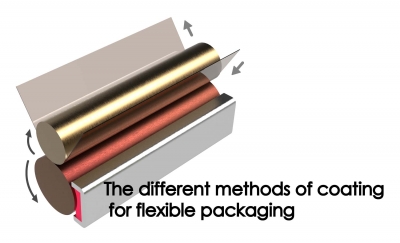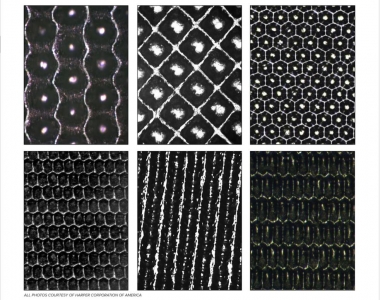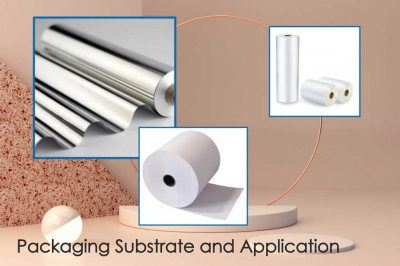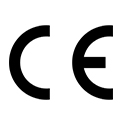Technical
| 標題 | 圖片 |
|---|---|
August 30, 2022 | Daywey Chen
When choosing an anilox, should I go for an open cell or a closed cell system? The answer to the question depends on what you are working with (ink type, ink viscosity, plate LPI) and what you would like to achieve (printing, coating, half-tone, solid). In this article we will be looking into the characteristics of an open cell system and a closed cell system. To address issues such as ink spitting and pinholes and how to solve them from a cell system’s perspective. Furthermore, going into a few scenarios including high speed printing, UV ink application, special ink / coating enhancement, where certain cell designs may be recommended over the others.
August 23, 2022 | Daywey Chen
Even though PE coated paper are recyclable, the recycling processes are time consuming and labor intensive, resulting in most PE coated paper to end up in landfills. According to BBC news, 99.75% of paper coffee cups are not recycled. If PE coated paper are non-recyclable from a cost perspective and causing environmental burden, why are PE coated paper still being adopted at a mass scale?....We will explore the benefit of PE coated paper that made them so popular on the market. As the market becomes more environmentally conscious, more environmentally friendly solutions have been developed to replace the long-standing PE coated paper...We will explore the substitute coating solutions and their production processes.
July 19, 2022 | Daywey Chen
What does wide tension range Flexographic press imply? The different substrate will require different tension range during the printing process. Therefore, the wider the tension range of a Flexographic press means that the more materials the press can take on. On a KYMC press, a tension range of 25N to 350N is achievable. At this tension rage, many different materials can be printed. For instance, PP, BOPP, LDPE, CPP, HDPE, PET, paper…etc.
July 15, 2022 | Daywey Chen
Reprint capability can make your life easier in today’s business environment. Let’s discuss why is that? Undeniable, Flexography practitioners will agree that production variations and uncertainty levels are much higher today than before. These are caused by the brand’s need to attract and fulfill the consumers' ever-changing appetites. Therefore, variations and uncertainties are here to stay. The only thing that you can do is to adapt. There are many ways to adapt. In this article, we will discuss how your Flexographic press can help you adapt through its reprint capability.
May 26, 2022 | Daywey Chen
Visual printing refers to the presentation of the print. How well does the print come out visually in front of the audience? Does it serve its marketing purpose of appealing to the audience? On the other hand, functional printing is about the properties and functionalities delivered through the print. How well does it perform to carry out the actions that it is intended to? In this article, we will explore the differences between visual printing and functional printing from their applications and quality assessment methods. At the same time to discuss the scenarios and potential of combining visual printing and functional printing together.
May 16, 2022 | Daywey Chen
So what is the opacity for the white ink laydown background? This is a common question that people ask when trying to identify the quality of the white ink laydown in Flexography. Opacity is definitely one of the metrics for measurement. However, it only tells part of the story. It is possible to have two prints with the same opacity reading but differs in print quality. The reason is that opacity alone does not measure the smoothness or uniformity of the ink laydown.
April 26, 2022 | Daywey Chen
In any manufacturing process, a business evaluates cutting based on speed, accuracy, versatility, maintenance, and pricing. In general, laser die cutting is suitable for manufacturers that focus on short run orders with various customization requirements. The rotary die cutting is ideal for simple non-custom products in bulk. Let’s look into why that is so?
April 20, 2022 | Daywey Chen
Coating is applied throughout the industry to enhance the performance of substrates. To enhance characteristics such as resistance to contaminates, durability, waterproof, conductivity, printability, downstream convertibility…etc. For optical films, coating is applied to enhance the performance of light transmission. To get the light to penetrate and to reflect off the substrate the way we wanted. To allow for a certain wavelength of light to pass through and for a certain wavelength of light to reflect off.
February 15, 2022 | Daywey Chen
October 12, 2021 | KYMC Marketing
What is the right shape for my anilox? Well, this depends on what you want to print, plus various other factors like ink viscosity, ink density, ink particulates, and opacity requirements. The shape of your anilox cells will affect the amount of ink delivered to the substrate and its transfer stability.
August 26, 2021 | Daywey Chen
Flexographic printing is one of the major printing processes adopted for packaging. The packaging across various industries such as food and beverages, FMCG, pharmaceutical, health, cosmetics, industrial, agriculture…etc. In this article, we will be exploring the 3 major substrates (materials) that are used in packaging including paper, metallic film, and plastic film.
August 19, 2021 | Daywey Chen
Gearless Servo Flexographic press has become increasingly popular among the printing and packaging industry. A Servo Flexographic press is able to maintain print quality, reduce startup time and waste better. Many know that gearless servo presses are more precise when it comes to color registration and impression control when compared to a geared press. But why is it more precise? When is it more precise? Are there any other advantages besides being more precise? In this article we will compare the difference between a gearless servo press with a geared press.

